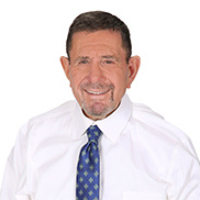Bloomfield DUI-DWI Lawyer, Connecticut
Sponsored Law Firm
-
 x
x

Click For More Info:
-
Keches Law Group
122 Dean Street Taunton, MA 02780» view mapSocial Security, Personal Injury, Workers Comp. Protecting Your Rights
Our team of experienced personal injury attorneys has over 130 years of combined experience representing individuals and families injured due to the negligence of others.
800-713-8650
Brian J. Woolf
Criminal, Accident & Injury, DUI-DWI, Car Accident, Personal Injury
Attorney Brian J. Woolf, LLC, in East Hartford, Connecticut, provides legal assistance to criminal defendants in the following areas and more: Burgla... (more)
Robert J.T. Britt
Leisure, DUI-DWI, Antitrust, Administrative Law
Status: In Good Standing *Status is reviewed annually. For latest information visit here
Edward Morelli
Criminal, DUI-DWI, Divorce, Family Law
Status: In Good Standing *Status is reviewed annually. For latest information visit here
FREE CONSULTATION
CONTACTJeffrey L. Polinsky
Premises Liability, Workers' Compensation, Family Law, DUI-DWI
Status: In Good Standing *Status is reviewed annually. For latest information visit here Licensed: 43 Years
 Sean Flaherty Taunton, MA
Sean Flaherty Taunton, MA AboutKeches Law Group
AboutKeches Law Group Practice AreasExpertise
Practice AreasExpertise
